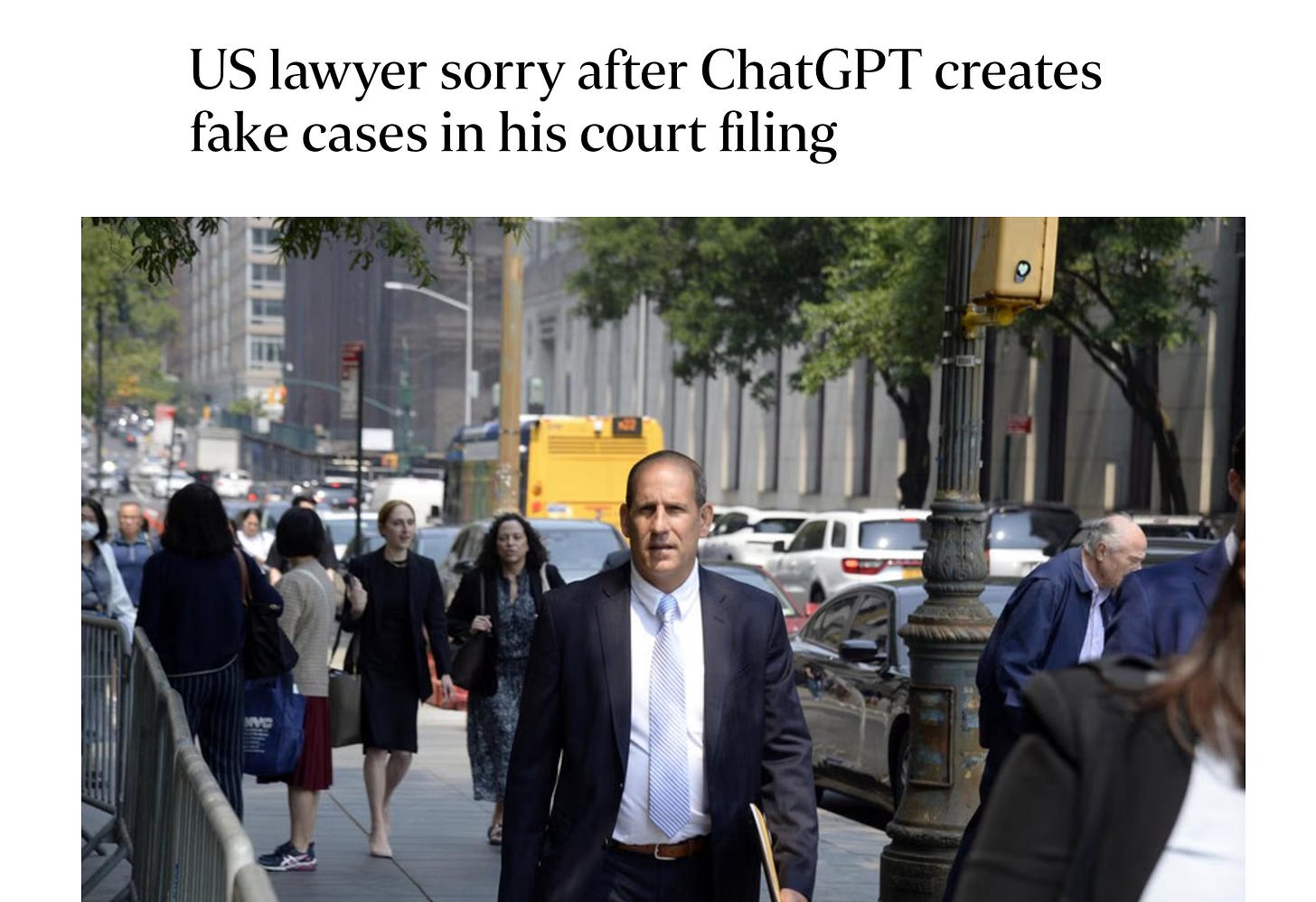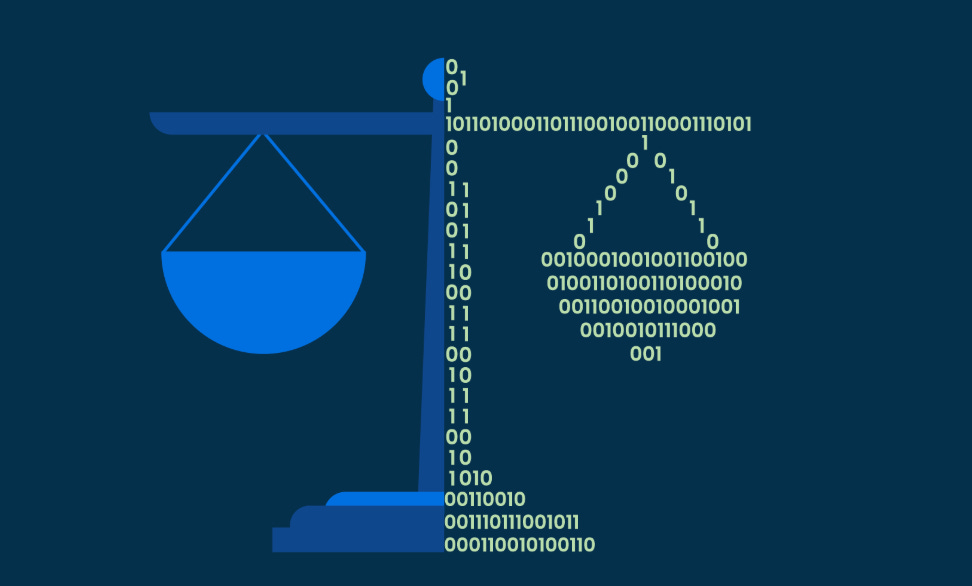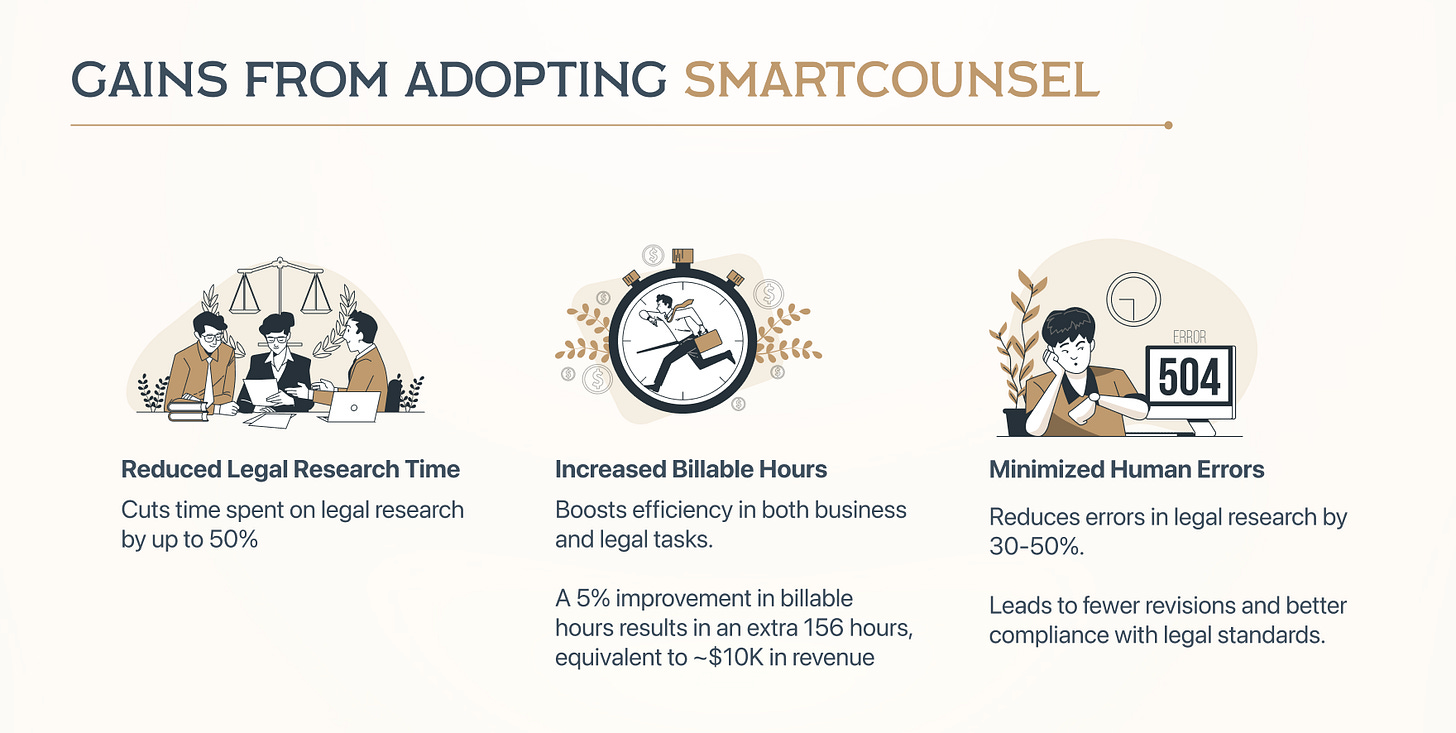The New York ChatGPT Fiasco—A Legal Wake-Up Call
In a precedent-setting case, a New York attorney was sanctioned after submitting a legal brief peppered with fictitious citations generated by ChatGPT. The court’s response was scathing, emphasizing the attorney's professional duty to verify submissions. This high-profile incident has amplified concerns about the growing reliance on generic generative AI tools in legal practice.
The New York court's ruling aligns with guidance from bar associations and judicial bodies across the U.S., which have cautioned lawyers against using tools like ChatGPT or Claude. While these platforms excel in natural language generation, their tendency to "hallucinate"—producing plausible but false outputs—makes them unreliable for the rigorous demands of legal work.
Smarter AI for Smarter Lawyering
Generic AI vs. Legal-Specific AI: Why the Difference Matters
Generic AI tools such as ChatGPT have gained popularity for their accessibility and speed, but their shortcomings—hallucinations, unverified outputs, and lack of legal context—pose significant risks to law firms. Enter legal-specific AI solutions like SmartCounsel.AI, Alexi, and Paxton AI, designed to address these issues head-on.
The Advantages of Legal-Specific AI Tools
Accuracy and Verification: Tools like Alexi, Paxton AI, and SmartCounsel.AI integrate directly with legal databases, ensuring the verification of all citations and recommendations.
Ethical Compliance: Designed with bar regulations in mind, these platforms ensure output aligns with professional standards.
Efficiency Without Risk: Automating workflows like document analysis, case preparation, and compliance checks allows lawyers to focus on client strategy while minimizing errors.
Spotlight on Innovation: SmartCounsel.AI
SmartCounsel provides case briefs directly linked to reliable databases, ensuring verifiable and accurate legal insights. By aligning users' intentions with relevant data, it delivers actionable intelligence tailored to specific needs. This enhances efficiency and equips professionals with insights that streamline workflows and create revenue-generating opportunities.
Impact: Cuts research time by 50%, allowing lawyers to take on more billable work.
These advancements push the legal profession toward a future where technology enhances rather than undermines practice quality.
Practical Tech Hacks for the Modern Lawyer
Adopting technology in legal practice doesn’t have to be daunting. Here are three actionable tips to integrate smarter AI into your workflows:
1. Start Small, Think Big
Begin by using legal-specific AI tools for limited tasks, such as drafting or research. Platforms like SmartCounsel.AI offer free trials, allowing you to test their efficacy before committing.
2. Build Tech Literacy Across Your Firm
Host regular training sessions to ensure your team understands AI tools' capabilities and limitations. Some bar associations now recommend certification processes for AI-assisted work.
3. Customize for Compliance
Choose platforms that allow customization to meet your jurisdiction's ethical standards. Tools with built-in compliance checks can safeguard against unintentional violations.
Final Thought: The Future is Smarter, Safer AI
The legal profession is at a crossroads. While tools like ChatGPT and Claude have demonstrated AI's potential, their limitations underscore the importance of adopting legal-specific solutions.
Platforms like SmartCounsel.AI and others are not just tools—they are allies in navigating the complexities of modern legal practice.
Try SmartCounsel.AI Today!
Embrace the future of legal technology with confidence. Book a demo or sign up for a free trial of SmartCounsel.AI to see how it can transform your practice.
Stay ahead of the curve with LegalTech Buzz—your guide to the intersection of law and technology.
O







This is awesome 👍